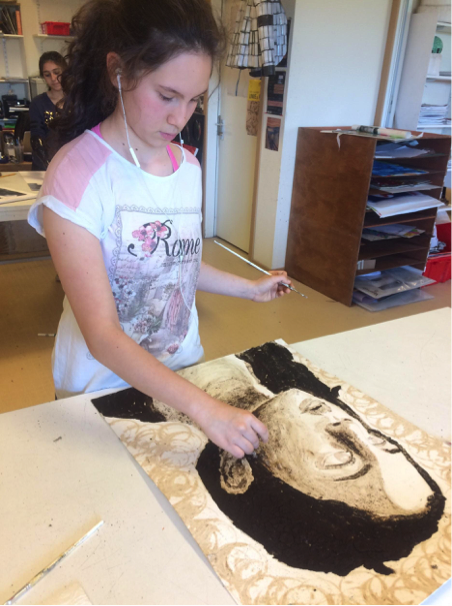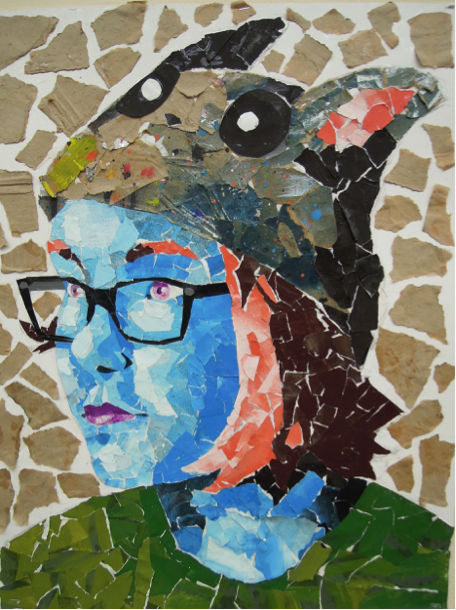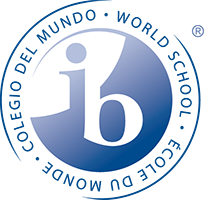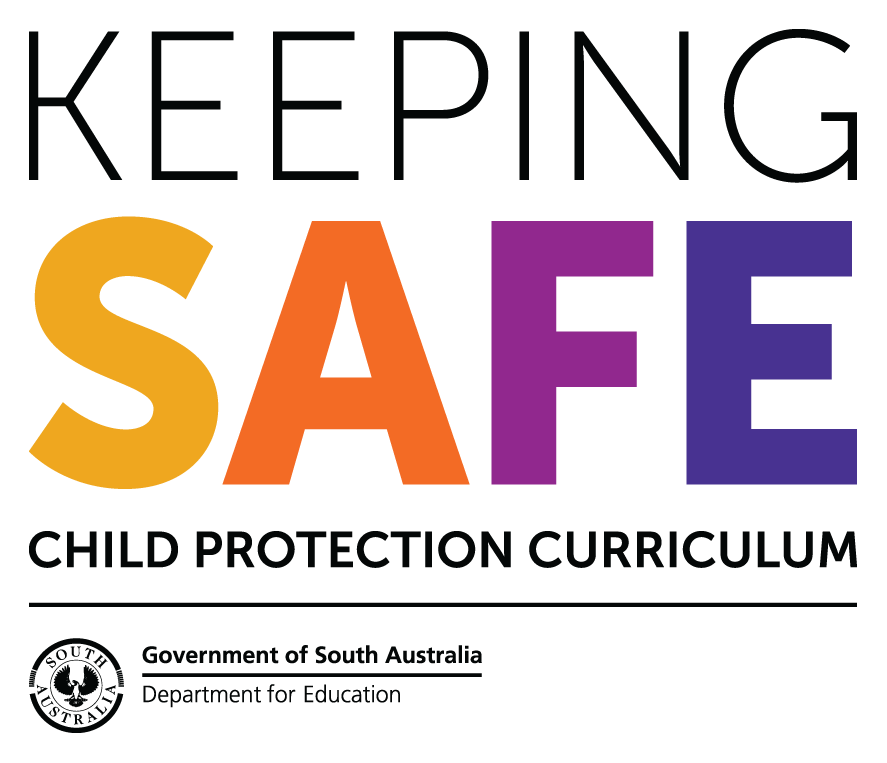DP1-2 Economics HL and SL
Economics is a dynamic social science that deals with the issues of scarcity, resource allocation and choices. The aims of the International Baccalaureate Diploma Programme Economics Higher level (HL) and the Economics Standard level (SL) courses are to enable students
- To develop an understanding of microeconomic and macroeconomic theories and concepts and their real-world application
- To appreciate the impact of economic interactions between nations on individuals and societies
- To develop an awareness of development issues facing nations
Both courses emphasize microeconomic theories, which explore the economic variables affecting individuals, firms and markets; as well as macroeconomic theories that introduce economic variables that affect countries, governments and societies.
For both HL and SL syllabus, students are required to study four topics:
- Microeconomics
- Macroeconomics
- International Economics
- Development Economics
These sections are assessed by two examinations at SL and three examinations at HL In addition to the examinations, both HL and SL economics students must produce a portfolio of three commentaries based on articles from published news media (internal assessment). For more details about the IB Economics programme, please refer to this document Syllabus "click here"
Economics Course at TISA
At TISA, we adopt a student-centered approach to the teaching and learning of Economics. During the course, students have ample opportunities to work in teams to discuss pertinent economic concepts and issues, to participate in class discussions and debates, to carry out research work and to present their ideas in class.
Through this course, students will learn how to apply key economic concepts to real-world scenarios, acquire research and presentation skills, develop a greater understanding and appreciation of the global economic issues, improve their critical thinking skills and hone their presentation techniques.
The curriculum objectives will be assessed through both formative and summative assessment modes - students’ written work, assignments, quizzes, tests and examinations.
In addition to the formal curriculum programme, students also participate in learning journeys where possible (e.g. class visits) and enrichment programmes (e.g. Financial Management workshop and economic simulations).
 |
 |
The aims of the MYP Arts are to encourage and enable students to:
Create and present art
Develop skills specific to the discipline
Engage in a process of create exploration and (self) discovery
Make purposeful connections between investigation and practice
Understand the relationship between art and its contexts
Respond and reflect on art
Deepen their understanding of the world
Assessment
Criteria A: Knowing and understanding (8)
Criteria B: Developing skills (8)
Criteria C: Creative thinking (8)
Criteria D: Responding (8)
Course structure and description:
At TISA students in M1-M3 participate in all three arts on offer; music, visual art and drama. In each of these courses students learn to analyse, create, and respond to works of art. In M4 and M5 students are asked to specialise in one or in some cases two of these art forms in order to be able to study it in more depth and gain more disciplinary grounding prior to entering the Diploma Program.
The MYP visual arts courses revolve around the creative process. Students engage with the work of both contemporary and past practitioners. Using their findings to inform their own creative decision-making and personal expression. Over the course of the 5 year program students have the opportunity to gain confidence in a variety of media including; drawing, painting, ceramics, printmaking, digital art, and mixed media. Students keep a process journal throughout to document their intentions, developing ideas, process, and reflections.
MYP Individuals and Societies at TISA encourages learners to respect and understand the world around them and equips them with the necessary skills to inquire into historical, contemporary, geographical, political, social, economic, religious, technological and cultural factors that have an impact on individuals, societies and environments. We encourage learners, both students and teachers, to consider local and global contexts. MYP Individuals and Societies at TISA incorporates disciplines traditionally studied under the general term “the humanities” (such as History), as well as disciplines in the social sciences (such as Economics and Geography). (MYP Individuals and Societies guide, 2014)
TISA students engage with exciting, stimulating and personally relevant topics and issues. Many sensitive and personally challenging topics require careful consideration in the context of a safe and responsible learning environment characterized by respect and open-mindedness. The study of Individuals and Societies helps students to appreciate critically the diversity of human culture, attitudes and beliefs. Individuals and Societies is important for helping students to recognize that content and methodology can be debatable and controversial, and for practising the tolerance of uncertainty. (MYP Individuals and Societies guide, 2014)
TISA’s approach to Individuals and Societies includes a strong focus on inquiry and investigation. Students collect, describe and analyse data used in studies of societies; test hypotheses; and learn how to interpret increasingly complex information, including original source material. This focus on real-world examples, research and analysis is essential. (MYP Individuals and Societies guide, 2014)
The study of Individuals and Societies helps students to develop their identities as individuals and as responsible members of local and global communities. These explorations of our common humanity are intrinsically interesting, and disciplines in this subject group are filled with potential for creating in students a lifelong fascination with “the human story” as it continues to evolve in an era of rapid change and increasing interconnectedness. (MYP Individuals and Societies guide, 2014) Studies in Individuals and Societies are essential for developing empathy and international-mindedness, including the idea that “other people, with their differences, can also be right” (IB mission statement).
The MYP individuals and societies course at TISA helps specifically to prepare students for the study of the DP Geography, History, Economics and Psychology courses offered at TISA. Furthermore, MYP students are required to undertake rigorous investigations that constitute an important foundation for DP internal assessments. (MYP Individuals and Societies guide, 2014)
MYP Individuals and Societies also helps to prepare students for overall success in the DP. In the MYP students develop cognitive and procedural skills as well as strong conceptual understandings that support teaching and learning in the DP. Research and investigation skills transfer to the DP’s core requirements, including creativity, activity, service (CAS) and the extended essay. The MYP offers many opportunities for students to explore ways of knowing that become a focus of reflection in the DP theory of knowledge (TOK) course. Courses in Individuals and Societies encompass experimentation and observation, reasoning and argumentation, the use of primary sources, and data that can be used to propose knowledge claims about human existence and behaviour. (MYP Individuals and Societies guide, 2014)
M1
M1 students develop their knowledge and understanding, critical thinking, investigative and communication skills through these Statements of Inquiry:
- We need to choose how to use natural and human resources at different times, spaces and places (Italy Geography country study).
- Systems, institutions and culture can strengthen or weaken civilisations (Ancient Egypt).
- We can communicate why people can imagine a hopeful future despite inequality and lack of choice (Global Education Inter-Disciplinary Unit).
- Different perspectives lead to different interpretations why empires change across space and time (The Romans - why did the Empire collapse?).




